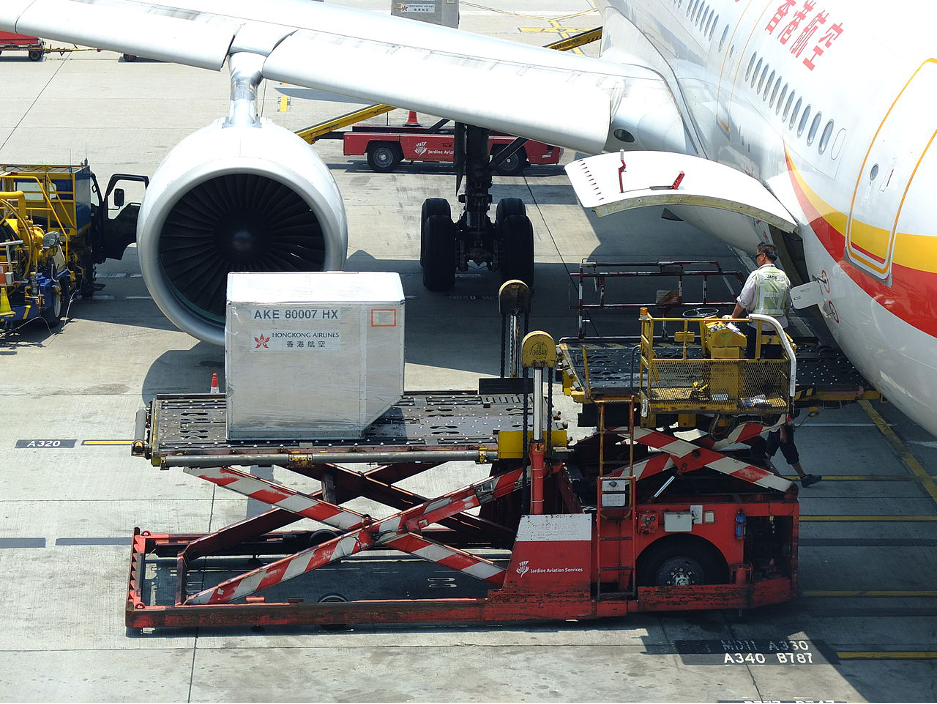The aviation industry is a complex ecosystem where efficiency, safety, and precision are paramount. Behind the scenes, ground support equipment (GSE) plays a vital role in ensuring smooth operations for airlines, airports, and maintenance facilities. These machines and tools are the unsung heroes, responsible for various ground operations that enable the seamless flow of air travel. In this article, we will explore the critical importance of ground support equipment and how it enhances the overall efficiency and safety of the aviation industry.
Enhancing Aircraft Turnaround Time
Efficient aircraft turnaround time is crucial for airlines aiming to optimize their flight schedules and passenger satisfaction. GSE significantly contributes to this by streamlining ground operations such as aircraft servicing, refueling, and cleaning. Equipment like baggage loaders, catering trucks, and passenger boarding bridges facilitate quick and hassle-free aircraft servicing, allowing airlines to adhere to tight departure schedules. By reducing the time required for these essential tasks, GSE enhances operational efficiency and minimizes costly delays.
Ensuring Passenger Safety and Comfort
Ground support equipment not only focuses on operational efficiency but also on passenger safety and comfort. Aircraft de-icing trucks, for instance, help remove ice and snow from the aircraft’s surface, ensuring safe takeoffs in adverse weather conditions. Baggage handling systems equipped with advanced scanning technologies enhance security measures and minimize the risk of unauthorized items on board. Additionally, passenger boarding bridges and mobile stairs ensure convenient boarding and disembarking processes, enhancing the overall passenger experience.
Maintenance and Repair Operations
Maintenance and repair operations are an integral part of ensuring aircraft safety and longevity. Ground support equipment assists in these operations by providing specialized tools and machinery. Maintenance platforms and access stands enable technicians to work efficiently on various parts of the aircraft, including engines, wings, and fuselage. Ground power units (GPUs) supply electricity to parked aircraft, facilitating systems testing and maintenance checks without relying on onboard power. GSE plays a critical role in reducing aircraft downtime, enhancing maintenance efficiency, and ensuring the safety of both passengers and crew.
Cargo and Baggage Handling
Efficient cargo and baggage handling are vital components of the aviation industry. GSE includes a wide array of equipment dedicated to these tasks, such as cargo loaders, baggage tractors, and conveyor belts. These machines streamline the loading and unloading processes, reducing the risk of damage to cargo and baggage while optimizing time efficiency. Additionally, specialized equipment like cool dollies and temperature-controlled containers ensure the safe transportation of perishable goods, such as pharmaceuticals and fresh produce.
Ground Support Equipment Innovations
Advancements in technology have led to the development of innovative ground support equipment, further enhancing operational efficiency and reducing environmental impact. Electric ground support equipment, including electric tugs and baggage loaders, reduce carbon emissions and noise pollution, making airports more environmentally friendly. Furthermore, the integration of automation and data analytics in GSE has improved the accuracy and efficiency of various ground operations, leading to better resource allocation and maintenance planning.
Conclusion
The aviation industry relies heavily on the seamless coordination of various operations, and ground support equipment plays an instrumental role in achieving this. From ensuring quick turnarounds and maintaining passenger safety to facilitating maintenance and optimizing cargo handling, GSE enhances the overall efficiency and effectiveness of aviation operations. As the industry continues to evolve, embracing technological advancements and innovative solutions in ground support equipment will be crucial for meeting the growing demands of air travel while maintaining high standards of safety and customer satisfaction.

